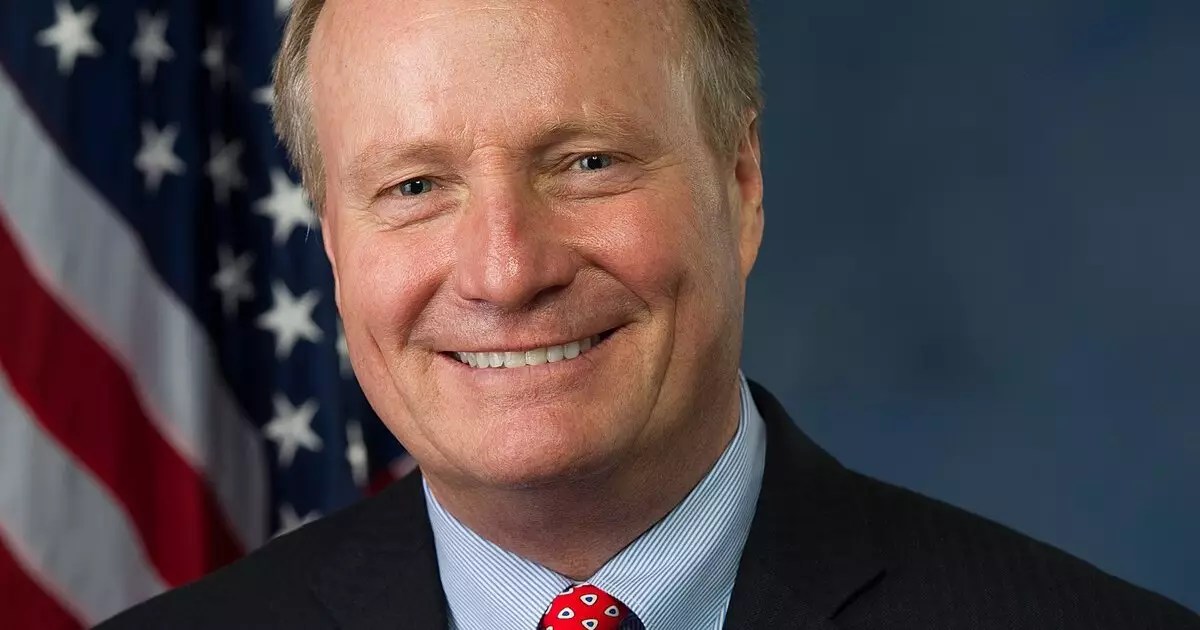In an age marked by escalating security threats and the shifting landscape of urban governance, the leadership of Washington D.C. has stepped up to advocate for a substantial increase in its federal budget for the fiscal year 2025. With an emphasis on safety and preparedness, the District aims to secure $932 million—a notable $142 million above the previously enacted budget level. This urgent appeal is particularly driven by the forthcoming Presidential Inauguration, along with lingering economic difficulties stemming from a post-pandemic world.
The Rationale Behind the Budget Increase
Rep. Dave Joyce from Ohio has articulated the rationale for this budget increase, underlining the significant allocation of $47 million dedicated to emergency preparedness. His involvement as a member of the House Task Force concerning the attempted assassination of former President Donald J. Trump exemplifies the current administration’s heightened awareness of security matters. The implications of this new financial request were discussed during a House Appropriations hearing, where testimonies from key figures including Washington’s Chief Financial Officer (CFO), Mayor Muriel Bowser, and City Council Chairman underscore the city’s financial claims and the need for federal assistance.
Mayor Bowser confidently declared the robustness of the District’s finances, boasting a track record of 29 consecutive balanced budgets and a coveted triple-A bond rating. However, while these statements offer a superficial sense of pride regarding fiscal management, they also ring alarm bells about the underlying vulnerabilities the District faces without solid federal backing.
The relationship between Washington D.C. and the federal government is marked by complexity and often rooted in contention. Local governance in D.C. operates under the shadow of Congress, which exerts considerable control over its budget. As Council Chairman Phil Mendelson highlighted, the “risk factor” cited by Wall Street rating agencies regarding the District’s fiscal health cannot be understated. Inefficiencies within federal appropriation acts, contentious debates over the debt ceiling, and threats of government shutdowns create an environment of uncertainty that can severely impact the city’s economic standing and borrowing costs.
This intricate dynamic not only influences funding but also ingrains a systemic dependency on the federal government—a vulnerability that Washingtonians must grapple with. The city’s finances, though praised by its leaders, are at the mercy of legislative trends that often ignore the intricate needs and realities of local governance.
Adding to the fiscal challenges is the economic impact of the ongoing remote work shift, which has dramatically altered commuting patterns and foot traffic in downtown Washington D.C. CFO Glen Lee pointed out that the number of people commuting to work remains significantly diminished, with office utilization plummeting to around 50% of pre-pandemic levels. This translates into hundreds of thousands of fewer daily commuters, resulting in diminished sales for local businesses and a strain on public transit revenues.
The evolving work culture poses significant challenges not just economically but also socially, as the city grapples with revitalizing its urban spaces and fostering a sense of community. As working patterns change, so too must the strategies adopted by city officials in an attempt to attract residents and businesses back into a once-thriving metropolitan area.
Congress often complicates Washington D.C.’s fiscal goals by attaching contentious legislative riders to budget requests. Issues ranging from cannabis regulation, voting rights, to local traffic laws reflect a persistent trend of external interference in local governance. Such impositions fuel frustration among residents who contend that those who do not live in the District should not dictate its governance.
As Rep. Steny Hoyer emphasized, Washingtonians possess the capacity to self-govern and define their own needs. The dynamics of power, where federal lawmakers impose their beliefs and policies on a city they hardly understand, reinforce the pressing need for autonomy in local governance. Only through such a shift can D.C. hope to navigate the complexities of its fiscal challenges while prioritizing the voices and needs of its residents.
The quest for increased federal funding by Washington D.C. is emblematic of broader issues concerning local governance, economic sustainability, and urban security. While the District demonstrates strong financial fundamentals, it must contend with external dependencies and socio-economic shifts that challenge its stability. Moving forward, a reevaluation of the relationship between D.C. and Congress is essential in fostering a truly self-governing city that serves its residents best in the evolving landscape of modern governance.


Leave a Reply